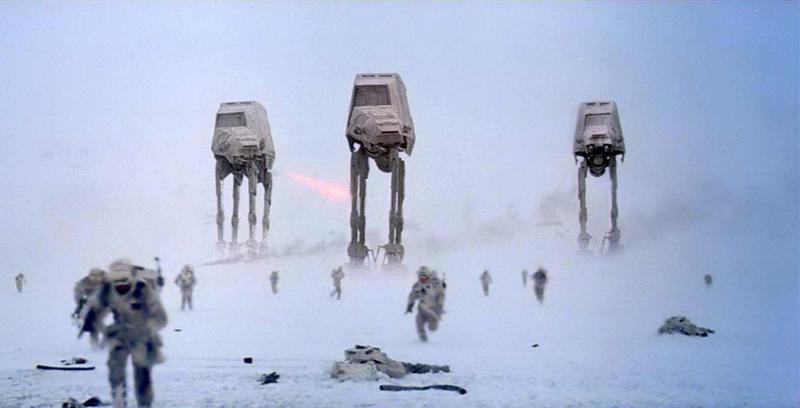Tell Me The Odds: What Does It Take To Win A DWI Case

In our previous post on this topic, we started digging into the answer to the question "what are the odds of winning my case?" We used that first post to both describe the various types of penalties that can attach to a DWI conviction before nailing down the ever-changing definition of "winning." Today, we'll outline what goes into "winning" a case, however you personally define that term.
And it cannot be any more than an outline -- we've been practicing DWI defense here in Minnesota for decades, and are constantly coming up with new ways to win cases for our clients. But for every new defense we pioneer, the fact is that the overwhelming majority of our wins come from two basic strategies: legal challenges and factual challenges.
But what about just negotiating for a good result, you ask? Yes, that happens too . . . but its much more difficult to do so today than it was even five years ago. Prosecutors are less and less willing to just "reduce the charges," even on cases where a driver was exactly a 0.080 (the legal limit in Minnesota). The Minnesota Attorney General's office is even less willing to negotiate, and winning back our client's driver's license almost always requires us to raise, litigate, and win on either a legal challenge or a factual challenge.
So, we'll start with legal challenges, also called "suppression issues." These are violations of a constitutional or statutory right where the consequence is the suppression of the evidence that was taken in violation of the right. Everyone's first thought is "unconstitutional stop of a vehicle," and they're right -- that's an example of a legal issue. If the stop of your vehicle was unconstitutional, everything that came after (field sobriety tests, any observations made or statements uttered, and the alcohol test at the station) are inadmissible, and the case gets dismissed. But before you get too starry-eyed, realize that the basis for stopping a motor vehicle is a very, very low burden, and these types of challenges are both easy to raise and surprisingly difficult to win. In fact, some less-knowledgeable defense attorneys will more or less latch onto the idea of "fighting the stop" and miss out of raising a wide variety of challenges that are actually more likely to prevail.
That's because Minnesota's DWI laws are incredibly complex, and implicate a lot of constitutional protections. After the stop, the the officer has sufficient basis to expand the scope of that stop to continue an investigation for DWI? Were the field sobriety tests conducted properly, or did they officer not even have probable cause to finally arrest the driver? Did the driver make admissions at the scene that should have been protected by a Miranda warning? Was the pre-test right to counsel vindicated? Was the Implied Consent Advisory process misleading? Was the test administered correctly (a HUGE issue)? Are the test results valid, accurate, and reliable? We could write whole books about each of those issues, and that list above barely scratches the surface of what types of challenges we've used to win cases for our clients.
Up next we'll outline the other type of challenges, factual challenges. Those are issues where the law was followed, but the facts don't add up to guilt. That is where we'll also discuss the scientific challenges we've pioneered (even though there is a healthy dose of legal, Due Process challenges that also apply to tests that suffer from scientific errors). So stay tuned.

